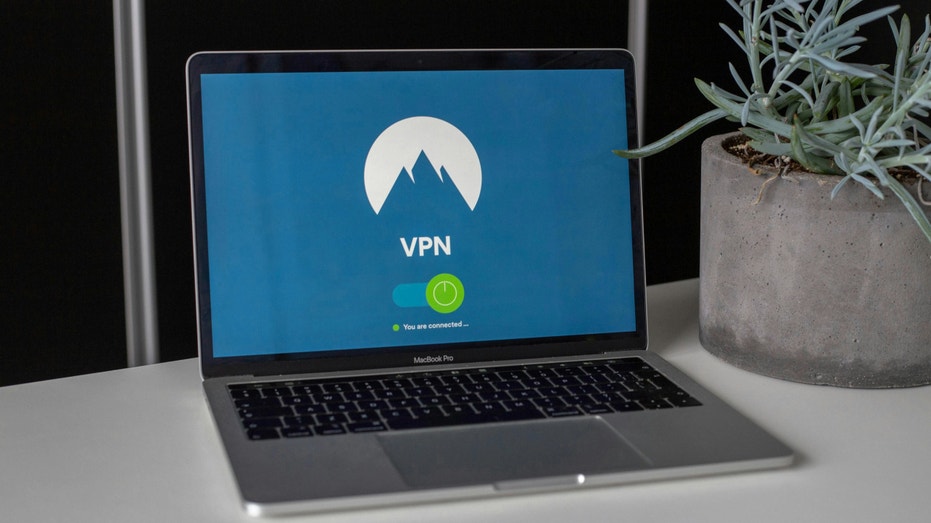
Do You Really Need a VPN at Home? Here Are 10 Compelling Reasons Why You Should
In today’s digital age, many of us have experienced that nagging feeling of being watched while browsing the internet. If you’ve ever found yourself questioning your online privacy, it’s time to consider a powerful solution: a Virtual Private Network (VPN).
Whether you’re working remotely, binge-watching your favorite series, or simply surfing the web, a VPN can significantly enhance your online security and privacy. Below, we explore the top reasons why incorporating a VPN into your home internet usage is a wise decision.
Understanding VPNs: What Are They and How Do They Work?
A VPN, or Virtual Private Network, acts as a secure tunnel between your device and the internet. When you connect to a VPN, your internet traffic is encrypted and routed through a server located elsewhere, masking your real IP address. This means that websites and online services will see the IP address of the VPN server instead of your own, ensuring that your browsing activities remain confidential.
While your home internet connection is generally safer than public Wi-Fi, a VPN offers an extra layer of protection and privacy. Let’s delve into the ten reasons you should consider getting a VPN for your home.
1. Enhanced Security for Online Communication
Not all messaging platforms offer robust security features. While apps like WhatsApp utilize end-to-end encryption, others, such as Skype, do not. By using a VPN, your communication data remains encrypted between your device and the VPN server, providing an added layer of security for your conversations.
2. Access to Geo-Restricted Content
Many online services, including popular streaming platforms like Netflix, restrict content based on geographic location. A VPN allows you to bypass these restrictions by making it appear as if you are accessing the internet from a different region, giving you access to a wider range of online content.
3. Prevention of Internet Throttling
Internet Service Providers (ISPs) may intentionally slow down your connection based on your online activity, especially during peak times. With a VPN, your ISP cannot see what websites you are visiting, preventing them from throttling your connection based on your browsing habits.
4. Privacy from Wi-Fi Network Administrators
If you use public Wi-Fi networks, the network administrator could potentially monitor your online activities. A VPN encrypts your browsing history, keeping it private not only from network admins but also from other users on the same network. This privacy extends to your home network as well, shielding your browsing history from other household members.
5. Protection Against Cyber Attacks
Cybercriminals often target unsecured networks to steal personal information. A VPN provides encryption for your internet traffic, making it difficult for hackers to intercept your data. This protection is particularly vital when using public Wi-Fi, where security measures are often minimal.
6. Bypass Government Censorship
In many countries, access to certain websites and apps is restricted for political or economic reasons. A VPN can help you circumvent these restrictions, ensuring that you remain connected to essential services and information regardless of your location.
7. Save Money While Shopping Online
Did you know that online retailers sometimes adjust their prices based on your location? By using a VPN, you can shop as if you’re in a different area, potentially unlocking better deals on flights, hotels, and other purchases.
8. Improved Online Privacy from ISPs
Even if ISPs claim not to sell your browsing data, they often share anonymized data with marketing firms. A VPN encrypts your browsing history, preventing your ISP from tracking your online activities and providing you with greater privacy.
9. Faster Speeds for Online Gaming
Using a VPN can surprisingly enhance your online gaming experience. By connecting to a server closer to the game server, you may benefit from reduced latency and faster connection speeds, while also avoiding bandwidth throttling from your ISP.
10. Tips for Maximizing Your VPN Experience
To get the most out of your VPN and ensure your online safety, consider these essential tips:
– Choose a reputable VPN provider with strong encryption protocols.
– Always use your VPN when connecting to public Wi-Fi networks.
– Enable two-factor authentication (2FA) on your accounts for added security.
– Create strong, unique passwords for each account, and consider using a password manager.
– Regularly monitor your accounts for suspicious activity.
– Keep your software updated with the latest security patches.
– Be vigilant against phishing scams even while using a VPN.
Final Thoughts
Investing in a VPN is a smart choice for anyone looking to enhance their online privacy and security. With a multitude of options available, you can choose between a router with a built-in VPN or installing VPN software on your devices. Personally, I recommend using a VPN on both your laptop and smartphone, especially when traveling internationally.
Do you have additional reasons for using a VPN that we missed? Share your thoughts with us at Cyberguy.com/Contact.
For more tech tips and security alerts, subscribe to my free CyberGuy Report Newsletter at Cyberguy.com/Newsletter.
Stay safe online!

